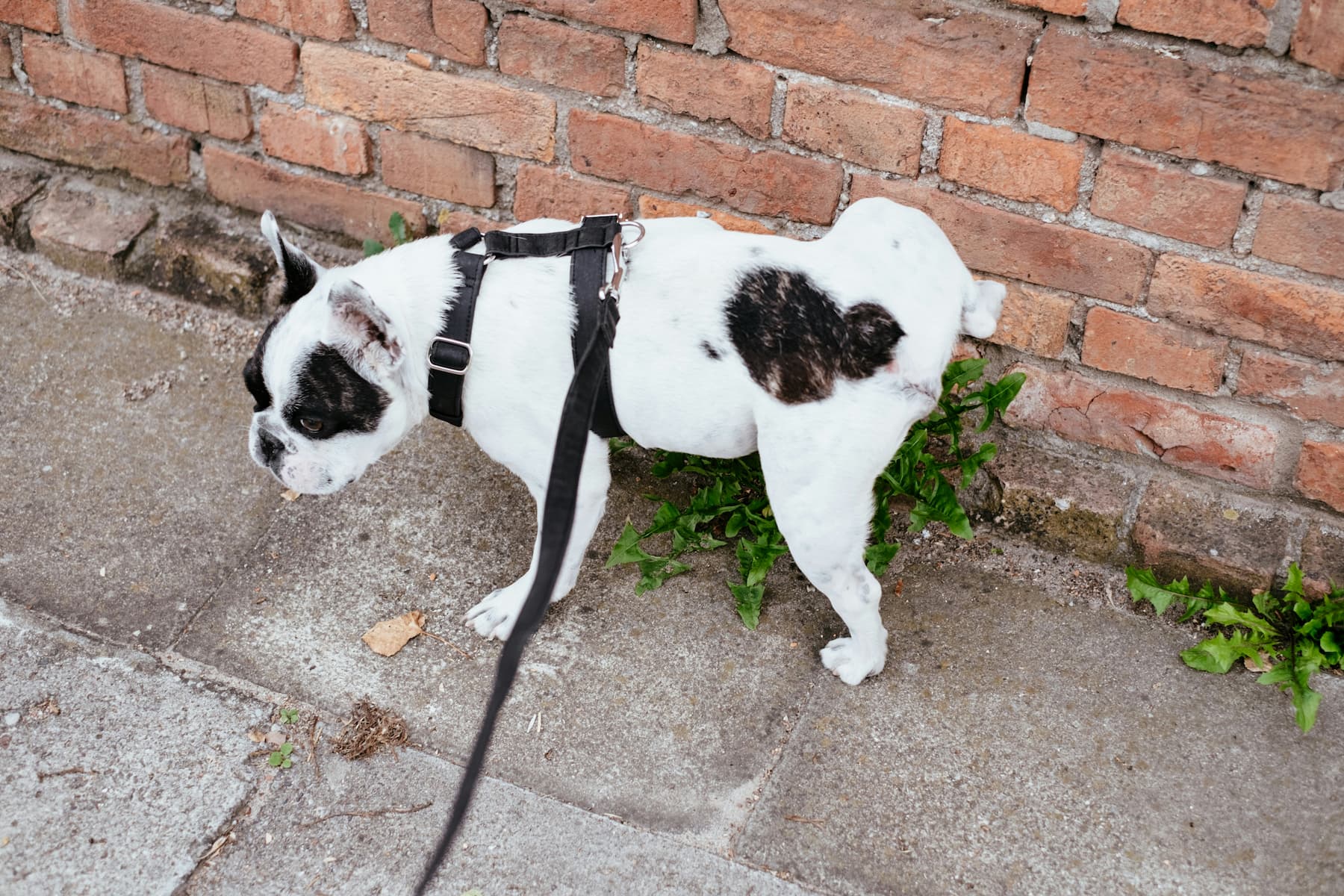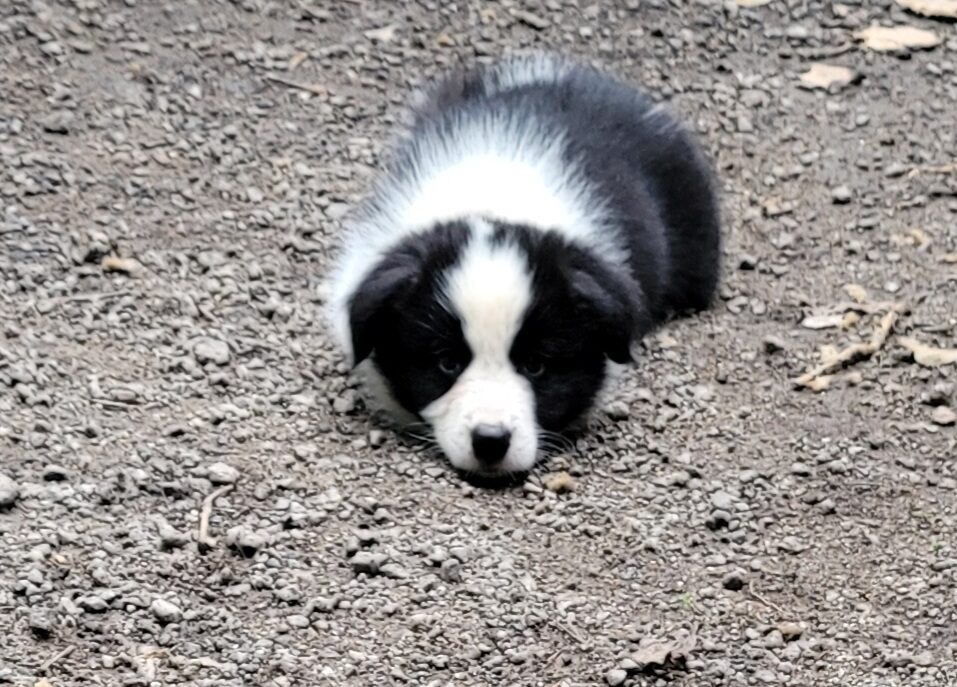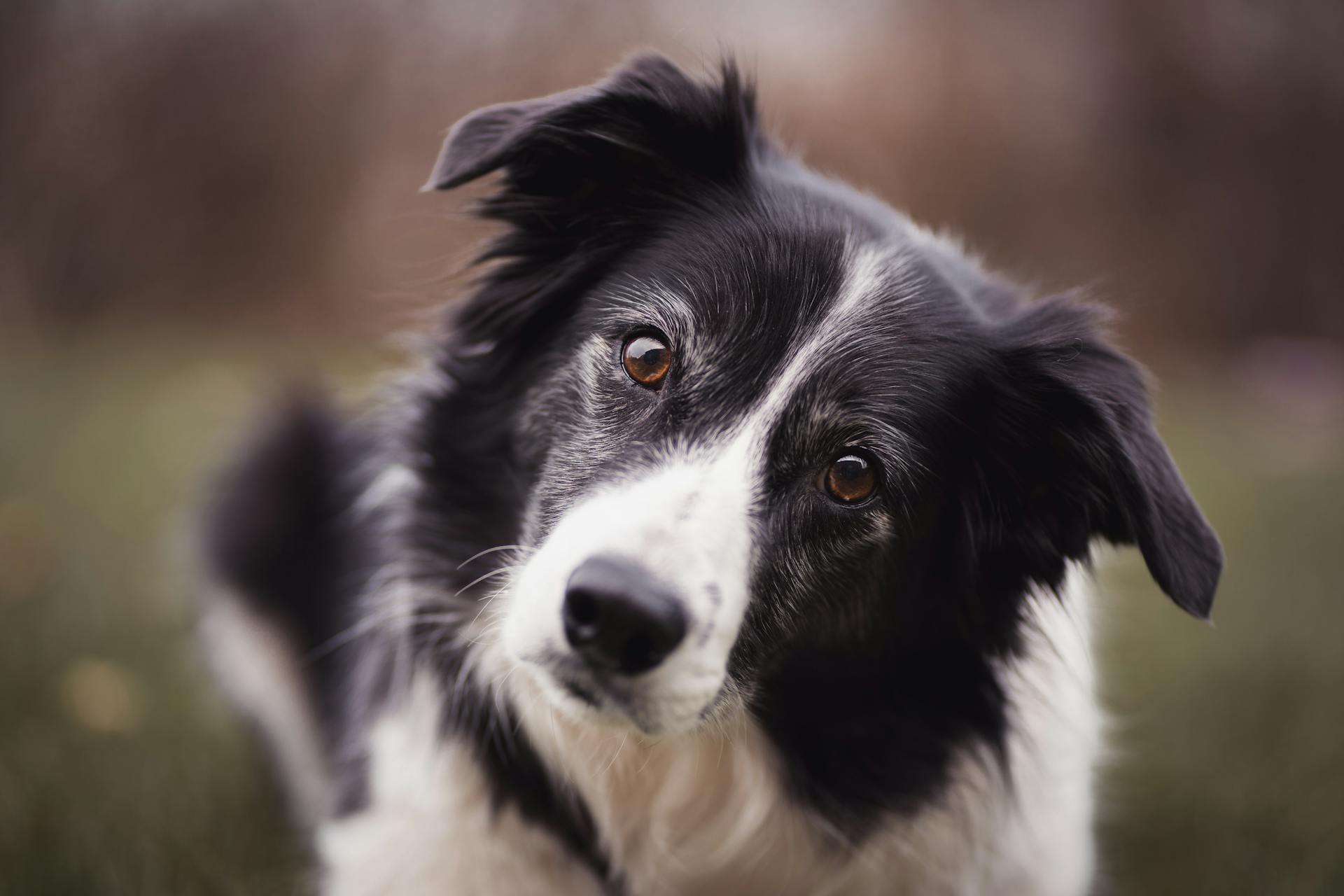As dog owners, we’ve all been there — Fido has something revolting in his mouth again. And the dread kicks in: what did he pick up this time? Rabbit poop? My socks? Or heaven forbid, a tub of shortening from the kitchen counter (trust me, it happens). But you might ask yourself why our dogs eat certain gross things ( or things that are unhealthy for them) when they should know better. Let me offer a bit of insight.
Why Does My Dog Eat Poop?
Poop (especially rabbit droppings) can lure many dogs, as to them it is an enticing snack. As pet parents, we should know better than to let them get near it, but dogs’ curiosity about bunnies and their droppings is a tricky problem. Many pet owners naturally wonder how something so disgusting can be enticing and so delicious to their pets. So, why do dogs eat gross things like rabbit poop?
They feel attracted to it for all sorts of reasons, but curiosity is typically the main reason for dogs eating rabbit poop. They might also feel bored or anxious, and for them, eating bunny feces is a seriously entertaining distraction from their problems. To them, it smells incredible (and tastes delicious, too).
Another explanation is instinct — both wolves and dogs have ancestors who hunted rabbits for food. Puppies, especially, tend to snack on poop as part of their exploration.
Interestingly, rabbit poop contains fiber and helpful bacteria that can help with a dog’s digestion and gut health. So it’s not all terrible. And it doesn’t always mean your dog needs more food or has a medical problem. So don’t panic, this behavior doesn’t always mean there’s a medical problem or that your dog is underfed.
Coprophagia (the official term for dogs eating poop), can be seriously concerning. It’s worth talking to your vet if the problem is recurring with your pet.

Is It Harmful for a Dog to Eat Non-Food Items?
Getting back to my missing socks, some dogs eat everything they see, even when it’s not suitable for them. But why do dogs eat gross things like smelly socks, dirty laundry, and plastic bags out of the garbage bins?
This could be out of curiosity (my socks do smell inviting), or in the case of younger dogs, teething — they can’t wait to bite down on something within their reach, no matter the consequences. That is, of course, until we train them otherwise.
To keep your pup from swallowing harmful stuff, always keep small or sharp objects out of reach. It helps to supervise them, but that can be a constant battle. Teaching them the “drop it” command can be very helpful, as can giving them appropriate chew toys. When dogs have a tendency to behave this way, we should also periodically check their mouths for injuries.
A Word About Pica in Dogs
Please note, there is a condition called Pica which is like OCD for dogs. Some get into all kinds of trouble eating plastic bags or harmful garbage. I’m not saying that’s why your dog eats non-food items; it can still be out of curiosity, but if your pup’s behavior worries you, it’s a smart idea to talk to your vet.
Why Do Dogs Scavenge to Eat Gross Things?
Some dogs like to eat random things in their environment to fulfill their needs. However reckless scavenging can expose them to harmful or toxic items. Dogs often scavenge because they’re hungry, bored, anxious, or just acting on instinct. Using a humane silicone basket muzzle can prevent them from licking, biting, or picking up things they shouldn’t while outside.
“Basket muzzles (rubber, plastic or metal) allow your dog to drink water, pant to cool down, and take food treats from you. While they may look scary or give a negative impression, they are the most humane choice.” – © 2025 The British Columbia Society for the Prevention of Cruelty to Animals (BC SPCA)
To stop your dog from constantly scavenging, consider training them with the “leave it” command, choosing quiet walking routes, and playing games like “Find It” or “Which Hand?” A balanced diet can also help.
See: How to Train Your Dog to “Leave It” & “Drop It” (With Video Demonstrations)
Should I Worry If My Dog Eats Dirt or Rocks?
Eating a few pebbles or rocks might suggest a behavioral problem; it could also be because of a nutritional deficiency. The logical move is to talk to your vet to rule out any problems with your pet.
Removing access to dirt and rocks, teaching commands, and showering your pup with lots of safe chew toys can curb this behavior. Watching your dog closely when outside is also important.
See also: Why Do Dogs Eat Dirt, Soil or Clay and What to Do About It
Why Does My Dog Eat Grass?
Another common question is, ‘Why do dogs eat grass’? Veterinarians at VCA Animal Hospitals say that the habit of eating grass is normal and generally considered safe. However, grass can be coated with harmful chemicals, such as herbicides and pesticides, which are toxic and can make dogs sick. So while munching on grass might not seem too gross, the substances on it can be quite disgusting and harmful to any dog’s health.
Why dogs engage in this habit:
- Some do it to make themselves throw up if they’re feeling sick, while others might just enjoy the taste.
- I know some dogs who eat grass frantically when they’re bored, stressed, or lacking fiber.
- Parasites, upset stomachs, or acid reflux can also be reasons.
- Some dogs munch on grass to settle their stomachs after eating something bad, while others see it as a way to relieve constipation or diarrhea (this might suggest deworming is needed).
- Boredom or stress can lead to overeating grass, so taking your four-legged friend on lots of active walks and giving them different toys to play with is a solid approach to resolving the problem.
You can tell a lot by how your dog eats grass. Frantic grazing might suggest they’re unwell, whereas calmer grazing is usually more relaxed. If your pup seems sick or uncomfortable, keep an eye out for vomiting. If your dog seems lethargic or off their food, please see your vet if needed. Please use fresh water bowls and avoid areas with treated grass.
If grass-eating becomes a habit, consider adding more fiber to their diet, avoiding fatty or spicy foods, and keeping your dog mentally engaged. Home remedies like chamomile tea, pumpkin puree, mint, and ginger can support their digestion and reduce grass-eating (please ask your vet first to be sure home remedies are appropriate).
How Can I Stop My Dog From Eating Gross Things?
- Making sure your four-legged friend eats a well-rounded canine diet is an excellent approach to managing the problem. That, plus lots of engaging distractions like chew toys and walkies.
- Kong Stuffable Toys are a lifesaver for distracting dogs from eating disgusting things. You can stuff a Kong with tempting, healthy dog treats. Plus, it will keep your pup busy for hours.
- Cleaning up after your pup right away and teaching basic commands like “leave it” and “drop it” are also excellent ways to handle this problem.
Final Thoughts
Here’s the bottom line: dogs eat gross things because of natural curiosity, teething, and sometimes a lack of proper nutrition or mental stimulation. Make sure your dog has a balanced diet, plenty of exercise, and toys to occupy them and take their minds off those items. Focus on supervision and training them well. Rewarding exemplary behavior can make a big difference! It always helps to keep a dog’s surroundings free of tempting objects wherever possible. Please remember that if your dog seems obsessed with eating things they shouldn’t, it might be a sign of Pica or a nutritional issue — seeing your vet can help figure it out.




